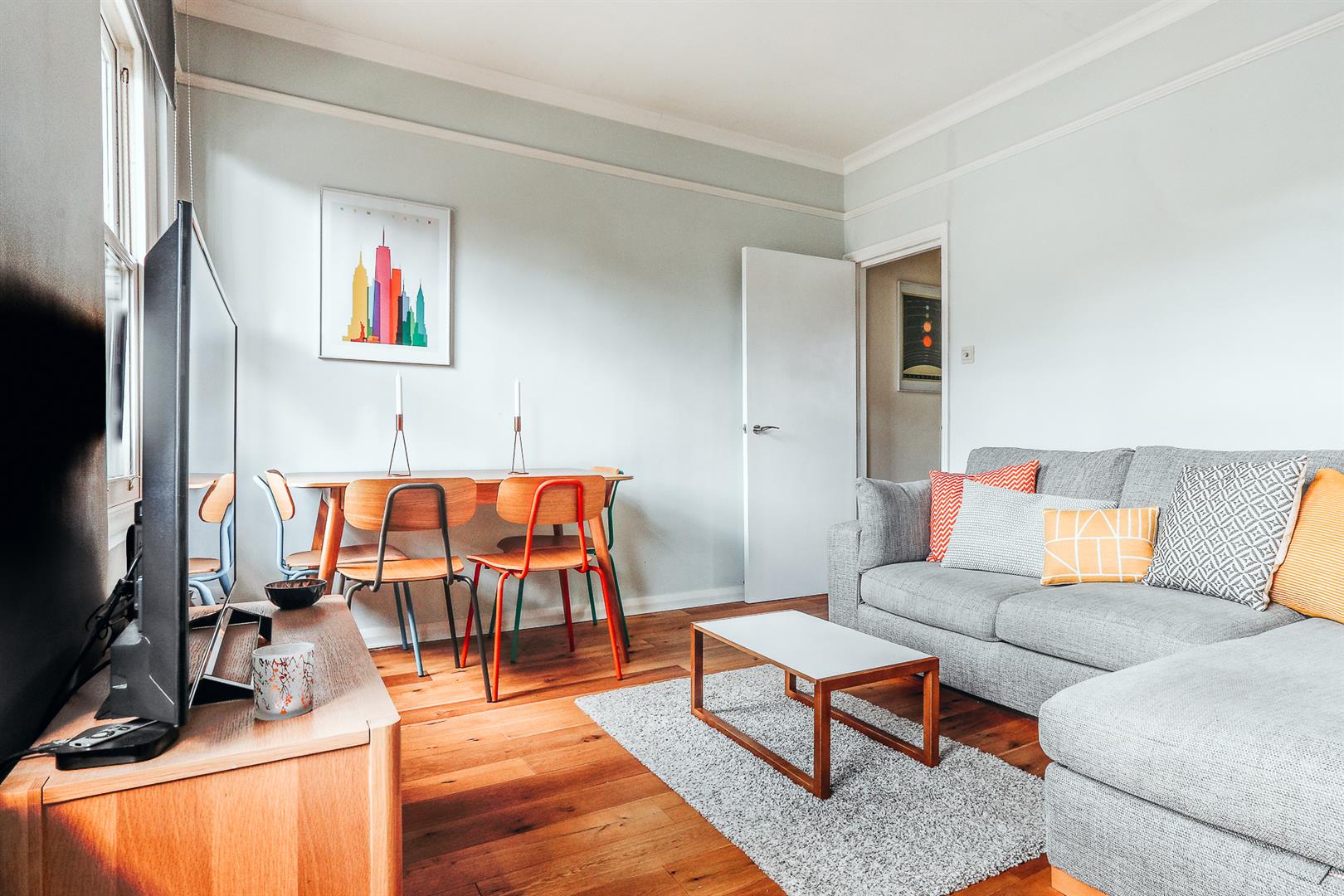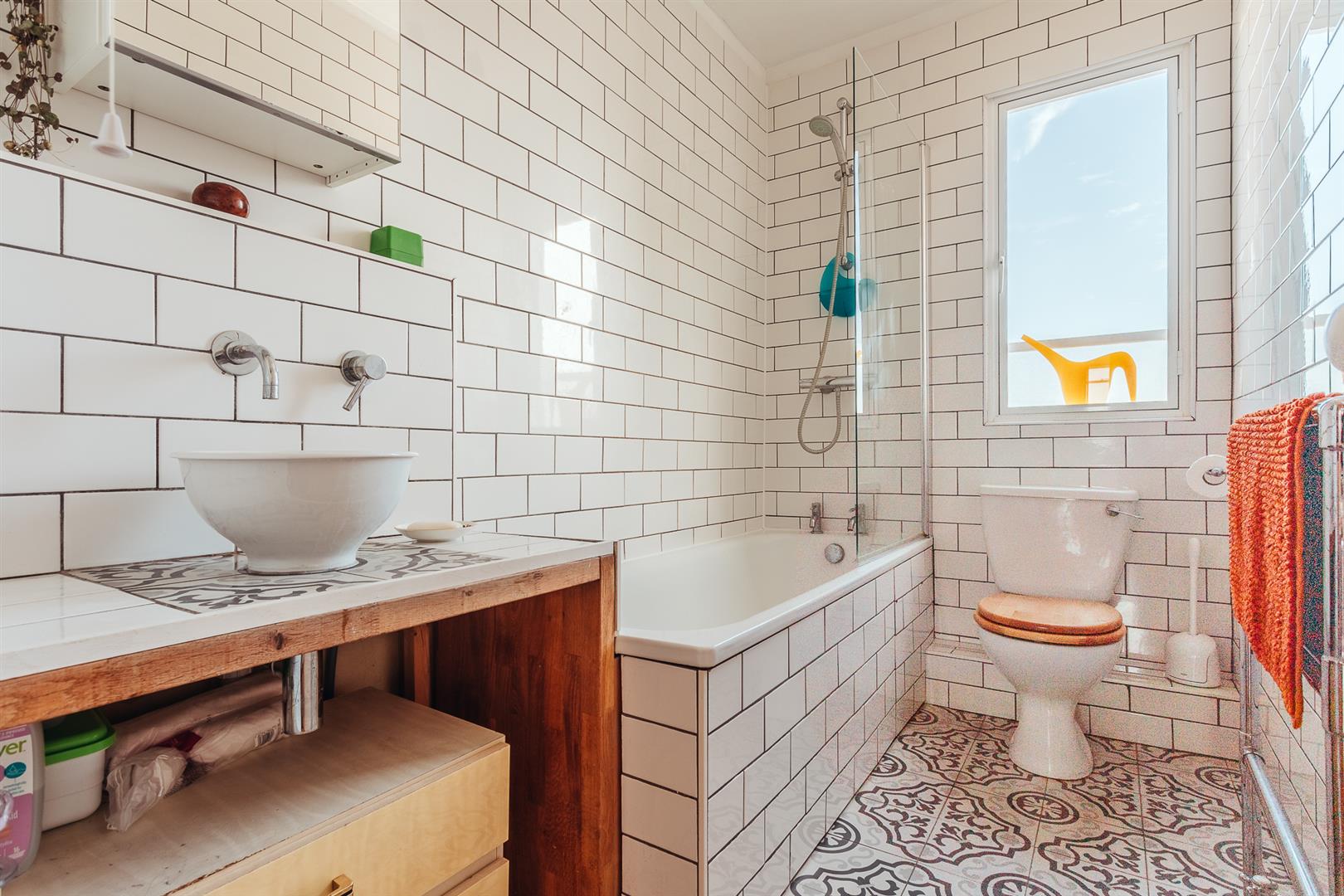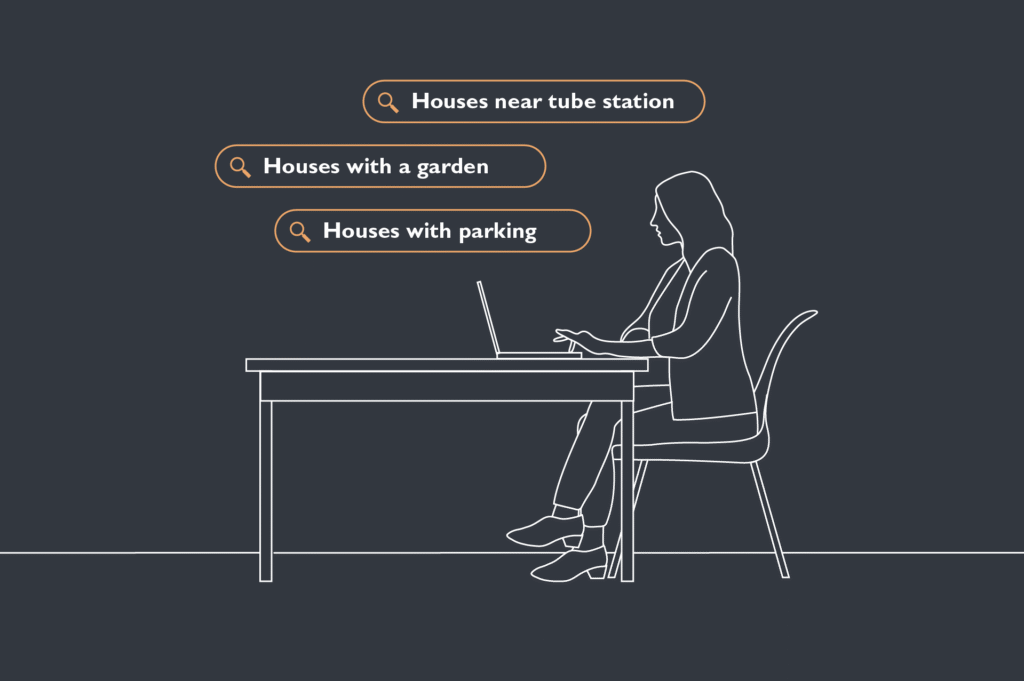To sell, or not to sell? Deciding whether to sell or rent your home can feel like a tragedy, or comedy, of Shakespearean proportions. It’s important to be as well informed as possible before making such a big decision, so we’ve looked at the pros and cons of each option. We know what it’s like to be a landlord, having to navigate exasperating mortgage or tax obstacles. We also understand what you have to complete in your property before it can be either legally rented or sold successfully. Then there’s the daunting ups and downs of being in a sales chain, not to mention having to part ways with your home which can more distressing than many realise – especially if you’ve made multiple memories there. Confidence is key, so make sure to get professional advice before making any big decisions and embarking on your journey – the right help can make the process much easier and boost the return on your investment.

Renting Pros
Passive Income and a Financial Safety Net
If the idea of earning regular cash flow that requires minimal effort to maintain it appeals to you, then renting your property could provide just that. The level of effort will depend upon how involved you want to be with tenant finding, compliance and maintenance. You can, of course, opt to have a specialist property management team, like ours at Davies & Davies (shameless plug), take care of some or even all of this for you for a percentage of the rental income. From just handling rent collection, right up to our premium package which includes a rental guarantee for added peace of mind. Furthermore, if you’re having difficulty selling your property, renting can be a blessing whilst you secure a regular income and capital growth.
Try Before You Buy
Moving to a new area can be a daunting jump – renting your property out while you dip your toe in a new town, borough or TFL zone can be the perfect way to get that sense of security before making the permanent switch.
Stable Rental Market
Taking coronavirus out of the equation the private rented sector is normally quite a reliable and stable market, many landlords will achieve good levels of rent in the first place and that remains year on year.
Capital Appreciation
You can usually expect the market to continue improving, particularly in London, which means that over the course of a period of time you will see your property rise in value. If you can afford to sit on your investment, you’re likely to win big in the future. It’s not a guarantee and markets tend to fluctuate, but long term property prices invariably rise (along with economic growth and incomes), and so if you are planning to keep your property for many years, then short term dips shouldn’t be a worry.
“Renting can be a blessing whilst you secure a regular income and capital growth.”

Renting Cons
Rules Are for Keeping
There are many rules and regulations to comply with when letting your property, some of which can result in unlimited fines or even imprisonment if not adhered to. All is not lost however, as we can help you to navigate those ever changing regulations. However, it’s important to be aware of these compliance issues and to make sure you’re prepared to either handle them all yourself or happy to pay a qualified estate agency to handle them on your behalf.
Tax Man Blues
Unfortunately, taxation on second homes may cost you more than alternative investments. It could also cost more to maintain the property than the rent you receive. You will also likely find yourself paying out initial costs in order to meet legal requirements for renting. You have multiple options, including the choice of registering yourself as a limited liability company, which can help limit taxation and inheritance tax costs – just ask our team for more guidance, however, we always suggest for you speak to a professional first.
Damage Limitation
Unforeseen circumstances with your tenants can cause financial and emotional stress, such as renting void periods if the property isn’t let, damage to your property or times when rent is paid late or not at all.
Repossession
If the worst were to happen and a tenant refused to vacate or pay the rent, the current court procedure for gaining possession of your property is, by the courts own admission, unnecessarily difficult. On average, to remove a tenant the procedure can take 7 to 8 months before the judge would grant repossession, making it a costly and stressful situation to find yourself in. It’s very uncommon but still a risk that should be considered. We can alleviate this risk through our Premium Property Management Package, which guarantees rent, covers legal expenses and means we would attend court on your behalf and handle the proceedings for you – but, this added peace of mind is an additional cost to consider.
“Taxation on second homes may cost more than alternative investments.”

Selling Pros
Disposable Income
If you’re planning on downsizing or relocating to an area with cheaper properties you could find yourself with a considerable amount of disposable income, which can be spent on you, your family, your new home or perhaps to reinvest in other ways.
Less Stress
You don’t have to worry about unreliable tenants, property damage, ever changing laws and compliance requirements or any nasty surprises such as repair bills. While selling can be complicated, it’s far less complicated than the rental market which is riddled with legal requirements and regulations (which can land you in very hot water). Whilst you can pay an estate agency to manage all of this for you, should you choose to rent your property, by selling you’ll avoid the potential aggravation that you might face as a landlord.
Relative Price Drops
If you’re looking to up-size during a slower market such as right now, it’s a great time to take the plunge. As the higher value properties that you’ve got your eye on will likely be cheaper in relation to what you’ll sell your current property for – so, for example, a your current £500,000 home may now only be worth £475,000 but the £1,000,000 property you’d love could now be listed at approximately £950,000 (e.g. both 5% cheaper).
You could choose to take advantage of up-and-coming locations with better capital growth, whilst benefiting from the creative communities that tend to spring up in such areas. We’d recommend areas such as Finsbury Park, Upper Holloway and Seven Sisters.
“You don’t have to worry about unreliable tenants, property damage or any of those nasty surprise repair bills.”

Selling Cons
It’s a Gamble
Your property is likely to increase in value over time, which you may regret if you’re moving out of London or downsizing. Letting could therefore be the better option in the short term, until prices increase.
Time
Unfortunately, regardless of how desirable your property is it can sometimes take a while to sell, which may hold up your plans.
More Work to the Property
Gone are the days when you could put a property in poor condition on the market and expect it to fly out. Of course, you can still do this but be prepared to sell for considerably below market value, or for it to be on the market for a while, or both. You’ll have to look at spending time and money on your property which might include decorative costs, a lease extension, new bathroom and/or kitchen and so on…
It’s a Buyers Market
In the current market it’s to be expected that offers will be below asking price and sellers will also have to make more concessions throughout the process, as power has switched from vendors to buyers over the past three years. You could sit this out and wait to see if this changes, but it’s unlikely for the foreseeable future.
“You might regret selling as the value of your property is likely to increase considerably over a longer period of time”

Top Line Advice When Considering Selling or Renting Your Property
Seek Professional Advice
These are big decisions to make, with short and longer term financial and emotional implications. Whilst we’ve tried to provide an overview in this article of the pros and cons, your own circumstances are unique to you. It’s important to get advice from qualified experts who live and breathe this life!
Don’t be afraid to book in to speak to an estate agent to discuss your options, be honest and frank with them about your circumstances and what you would like to achieve. A good estate agent will want to get to know you properly so that they can provide the best possible advice, they’ll appreciate being given as much information as possible and will be upfront about what your options are. Check in with yourself to see how you feel talking to the estate agent, if they’re patient and are putting you at ease whilst being straightforward, then you’re on to a good thing.
Don’t just rely on Google – it’s a jungle out there. If you’d like to book in for a free valuation or consultation with our team just call 0207 272 0986 or email info@daviesdavies.co.uk – there’s no obligation to instruct us. Whichever estate agent you choose to turn to, make sure they’re qualified and experienced.
Check Your Mortgage
Check the small print – many mortgages include a clause that prevents you from renting out your home, or allow you to rent it out for a limited period and only under certain circumstances (such as if you were to move away for work and intend to move back after a set time). If you do have to change mortgage you may have to move to a buy-to-let mortgage which might be higher interest or entail early repayment fees. It’s important to talk to an experienced mortgage broker to work out your options and find a good deal. We can help you with this and provide free mortgage advice, just get in touch on 0207 272 0986.
Double Check the Lease
It’s important to check the original lease or survey, especially if it’s a Victorian property, to see if there’s any work that you’ll need to do before selling.
Be Confident in What You Can Afford
Clearly, you should only consider renting out your property if you are financially secure. If you’re already stretched or not confident dealing with financial matters, then you could end up regretting it. You’re more likely to be able to buy a new property while keeping your old one if you have major equity in your existing property, as well as a sufficient income so that you can easily finance the mortgage on your new property. Make sure to speak to an established mortgage advisor, again we can help with this, but ensure whomever you speak to has experience.
If you want to know more about your options, have questions about taxation or compliance, or just want to know how much your property is worth – we’re here to help!
Contact us:
mark@daviesdavies.co.uk – Sales Director (contact for sales, new homes and chartered surveying)
alex@daviesdavies.co.uk – Lettings Director (contact for lettings and property management)
020 3481 6613
Davies & Davies Estate Agents, 85 Stroud Green Road, London, N4 3EG
Article and images by Barefaced Studios

So, you’ve finally decided to take the plunge and buy your first home. Congratulations! You’ve battled through confusing mortgage lingo, survived the viewing marathons, and maybe even resisted falling in love with a flat above your favourite chicken shop (no judgment, the smell of chip oil is comforting). But just when you think you’re on the home straight… someone mentions the chain. Cue dramatic music and a sudden sinking feeling. Don’t panic-chains are common, not catastrophic. But they can cause delays and derailments if you don’t know what you’re dealing with. So, let’s unpick the mystery of property chains and show you how to dodge the drama.
Read More...
We crunched the Google data so you don’t have to – here are the top 20 features North London buyers are obsessively searching for this year (and how we use that intel to sell smarter).
Read More...
Big changes are coming for landlords-and no, we’re not talking about EPC ratings or rogue tenants. HMRC is going digital, and if you’re a landlord earning over £50k a year, you’ll need to join the party by April 2026. Sound stressful? Don’t worry-we’ve got the plain-English version right here, no tax jargon overload to contend with over your corn flakes…
Read More...Get in Touch
Opening Times
Mon – Thurs: 0900 – 1815
Fri: 0900 – 1800
Sat: 1000 – 1600
Sun: Appointments by request